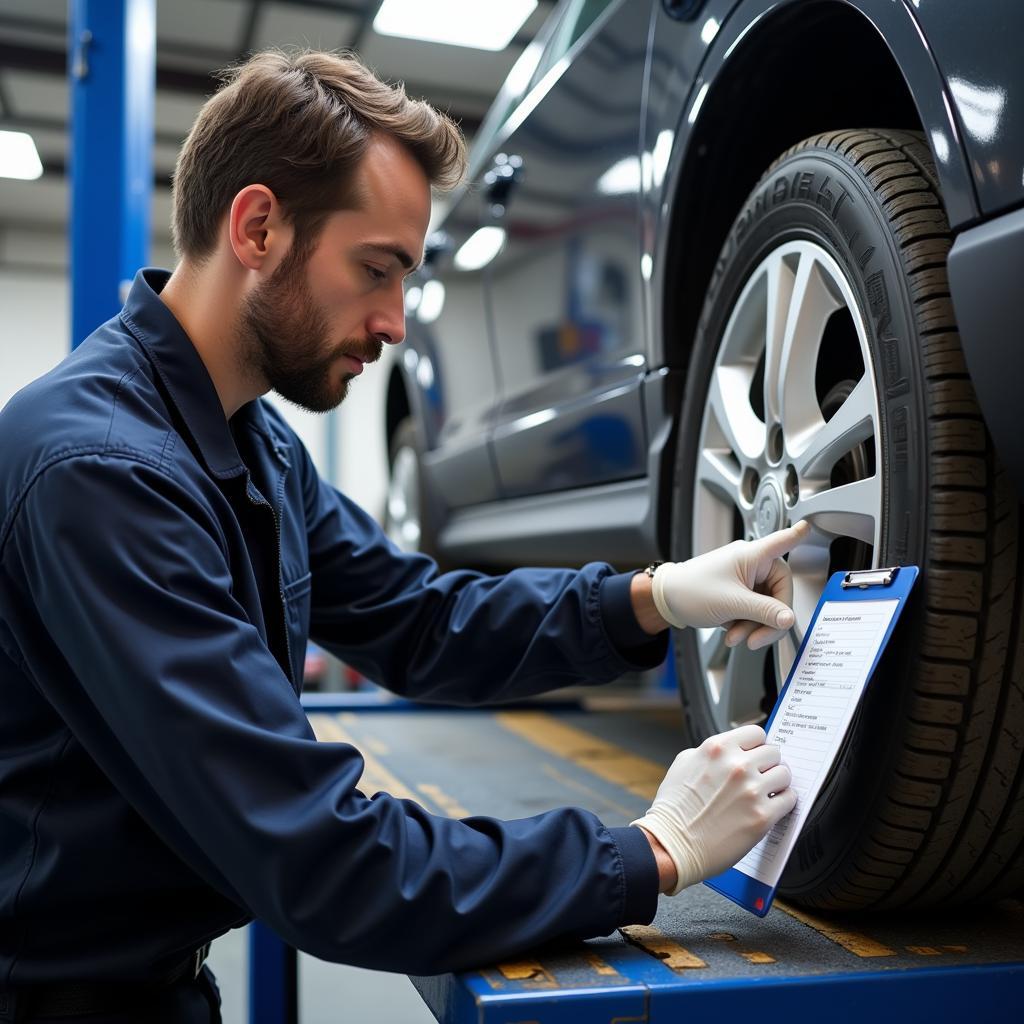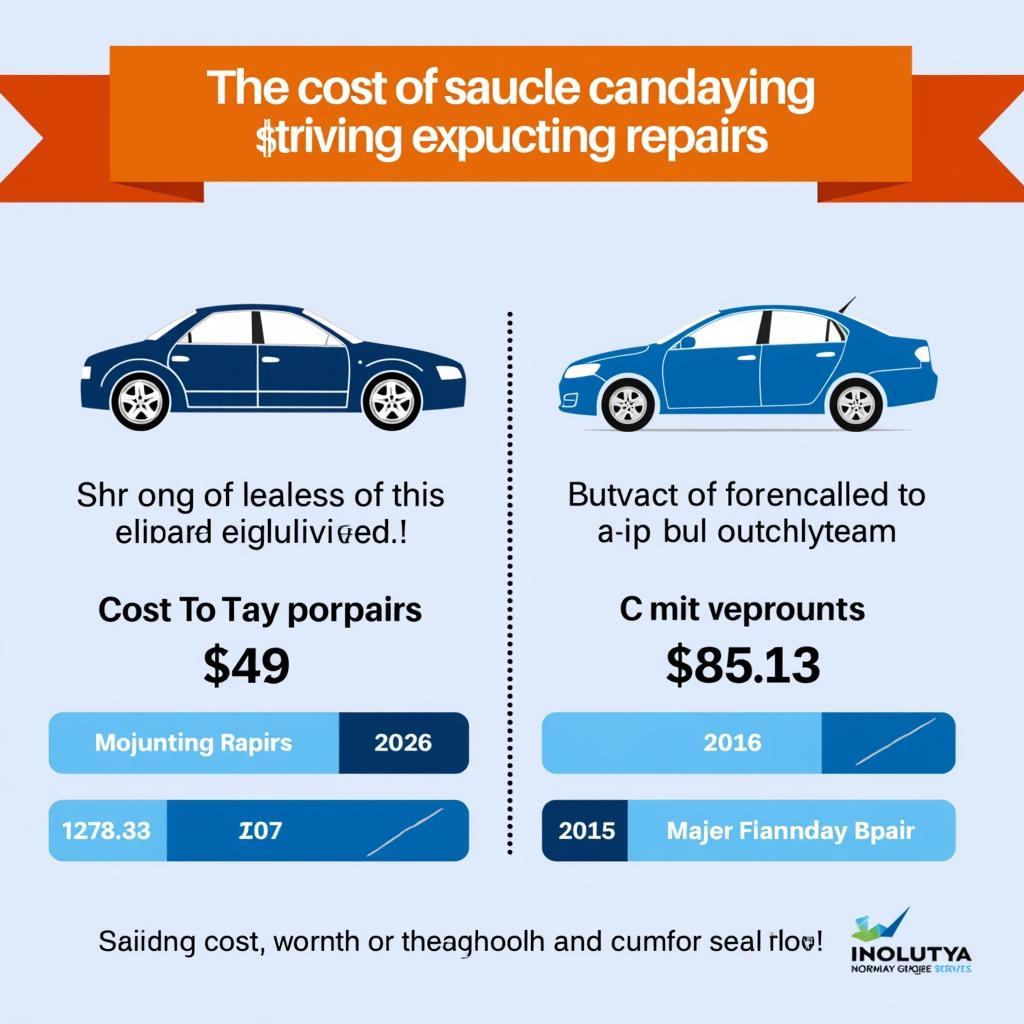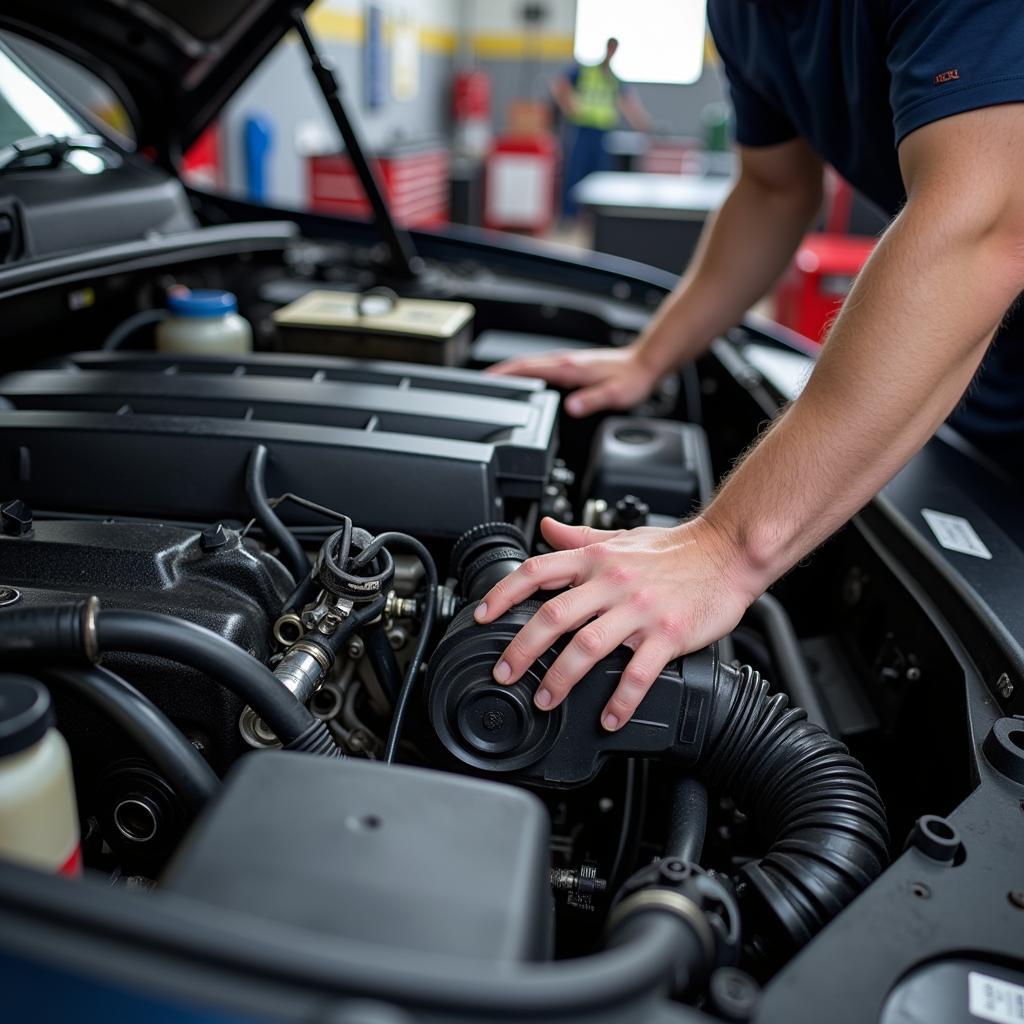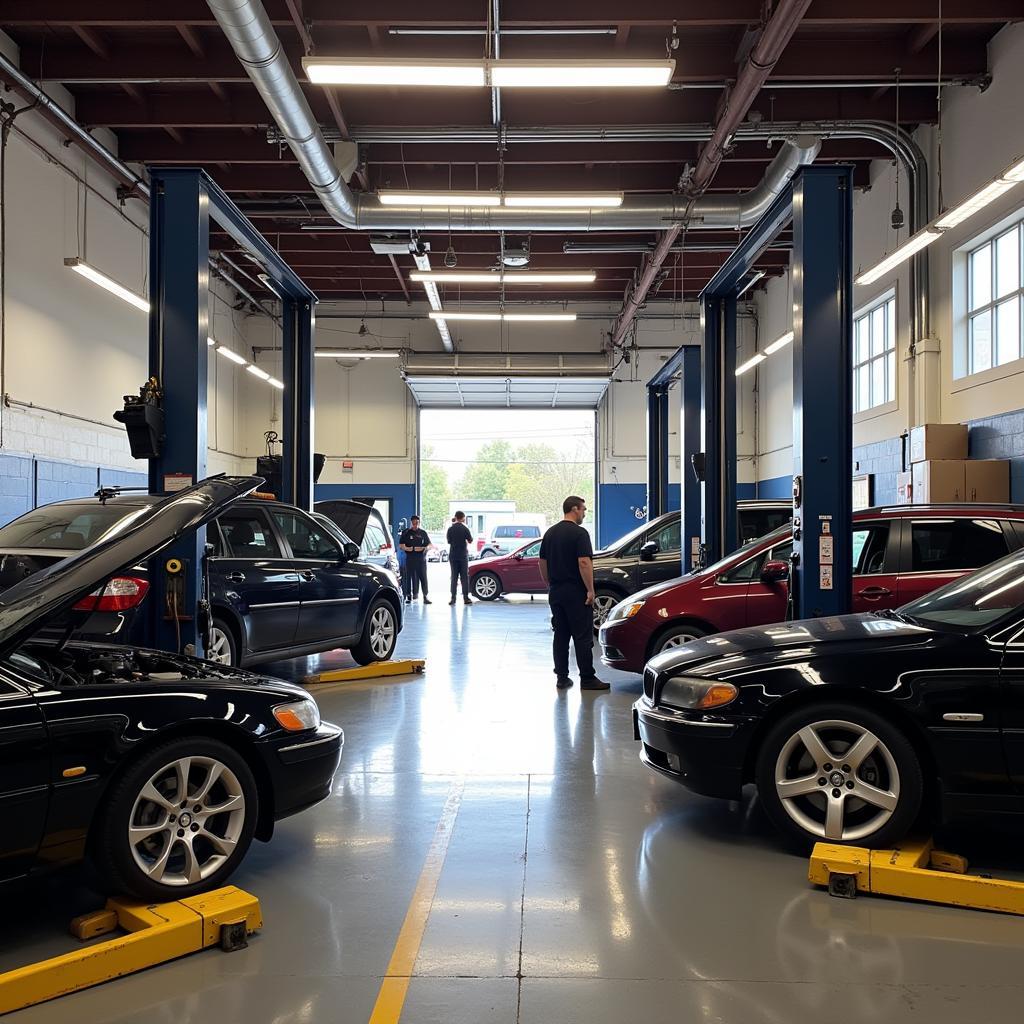Why Is It Important to Service Your Car?
Regular car servicing is one of the most crucial aspects of car ownership that often gets overlooked. Many car owners view it as an unnecessary expense, but they fail to realize its significance in maintaining the safety, reliability, and longevity of their vehicles. Just like our bodies need regular check-ups, our cars also require routine maintenance to perform at their best.
This article will delve into the compelling reasons why regular car servicing is not just an option, but a necessity for every responsible car owner.
The Importance of Regular Car Servicing
Regular car servicing involves a series of inspections, adjustments, and replacements of various components that ensure your vehicle operates smoothly and safely. Skipping these routine services can lead to a decline in your car’s performance, fuel efficiency, and safety, ultimately costing you more in expensive repairs and even compromising your safety on the road.
 Car service checklist
Car service checklist
Benefits of Regular Car Servicing
1. Enhances Safety:
This is arguably the most critical reason for regular car servicing. During a service, trained technicians thoroughly inspect vital safety components like brakes, tires, steering, and suspension. Detecting and rectifying potential issues early on can prevent accidents and ensure your safety and that of your passengers.
2. Improves Performance & Reliability:
Regular servicing keeps your car running smoothly and efficiently. By replacing worn-out parts like spark plugs, air filters, and engine oil, you’re ensuring optimal engine performance, better fuel economy, and a smoother driving experience.
3. Extends Vehicle Lifespan:
Regular maintenance prevents small issues from escalating into major problems that can significantly shorten your car’s lifespan. Just like regular exercise and a balanced diet contribute to a longer life, regular servicing can help your car run smoothly for years to come.
4. Maintains Vehicle Value:
A well-maintained car with a detailed service history holds a higher resale value. Potential buyers are more likely to pay a premium for a vehicle with documented proof of regular servicing, as it provides assurance of the car’s condition and reliability.
5. Identifies Hidden Problems:
Technicians are trained to identify potential problems that may not be obvious to the average car owner. Early detection allows for timely and often less expensive repairs, saving you from costly major repairs down the line.
6. Saves Money in the Long Run:
While some may view regular servicing as an expense, it’s an investment that saves you money in the long run. Addressing minor issues early on prevents them from escalating into major, expensive repairs.
 Car service cost savings
Car service cost savings
7. Ensures Warranty Validity:
Most car manufacturers require regular servicing to maintain the validity of the warranty. Neglecting scheduled services can void your warranty, leaving you to bear the full cost of any repairs.
When Should You Service Your Car?
The frequency of car servicing varies depending on the make, model, and age of your car. However, most manufacturers recommend a full service annually or every 10,000-12,000 miles, whichever comes first.
Additionally, it’s essential to follow the manufacturer’s recommended service schedule outlined in your owner’s manual.
What Happens If You Don’t Service Your Car Regularly?
Failing to service your car regularly can lead to several consequences, including:
- Reduced fuel efficiency
- Decreased engine performance
- Premature wear and tear of parts
- Increased risk of breakdowns
- Voided warranty
- Compromised safety
For more information on the potential consequences of neglecting your car service, you can read our article: what happens if you don't service your car on time.
Conclusion
Regular car servicing is not an optional expense but a crucial investment for any car owner. By adhering to a routine service schedule, you’re not only ensuring the safety and longevity of your vehicle but also saving yourself from potential headaches and costly repairs in the future. Remember, a well-maintained car is a safe car, a reliable car, and a car that retains its value.
Don’t wait for something to go wrong; prioritize your car’s health and your peace of mind by scheduling regular servicing. It’s an investment that pays off in the long run.
FAQs
1. How often should I service my car?
Most manufacturers recommend a full service annually or every 10,000-12,000 miles, whichever comes first. However, it’s best to consult your owner’s manual for specific recommendations for your vehicle.
2. What does a full car service include?
A full car service typically includes an oil change, oil filter replacement, air filter replacement, spark plug replacement, fluid top-offs, and a comprehensive inspection of brakes, tires, suspension, and other vital components.
3. Can I service my own car?
While some car maintenance tasks, like checking tire pressure and fluid levels, can be done at home, it’s generally recommended to have your car serviced by a qualified mechanic.
4. How do I find a reliable car service center?
Look for certified mechanics, ask for recommendations from friends and family, and read online reviews to find a reputable and trustworthy car service center.
5. What happens if my car service is overdue?
If your car service is overdue, it’s important to schedule it as soon as possible. To learn more about the consequences of overdue car services, read our article: what happens if your car service is overdue.
Need assistance with your car? Contact us via WhatsApp: +1(641)206-8880, or Email: [email protected]. Our dedicated customer support team is available 24/7 to assist you.

